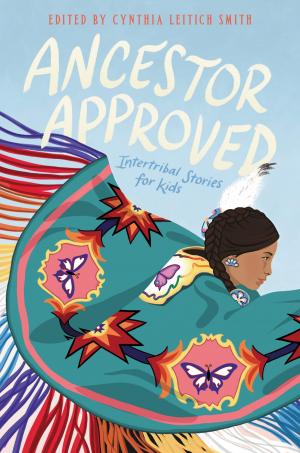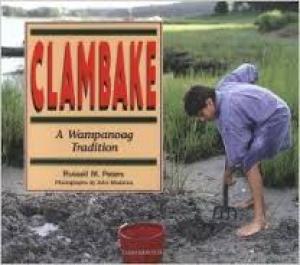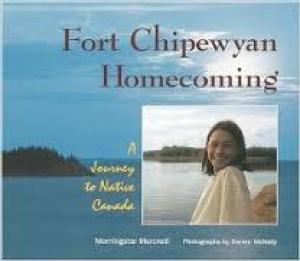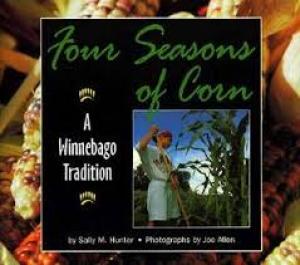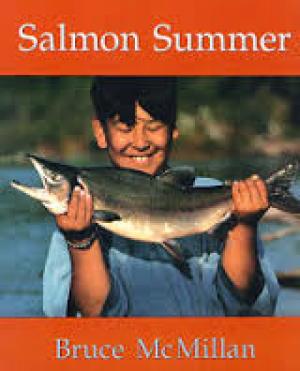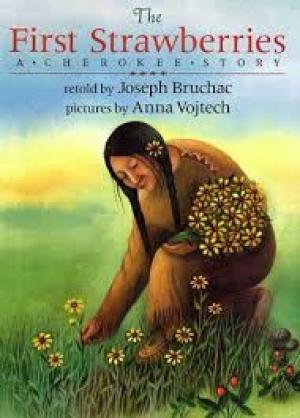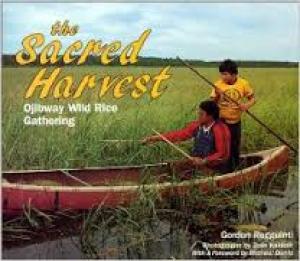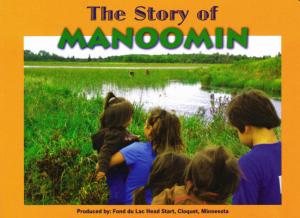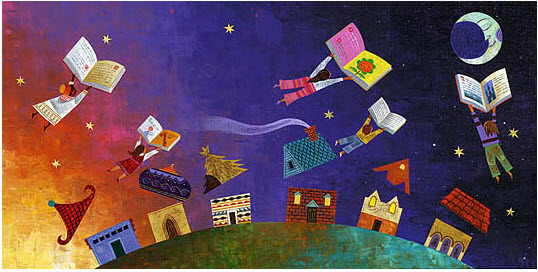Favorite Foods: American Indian Heritage
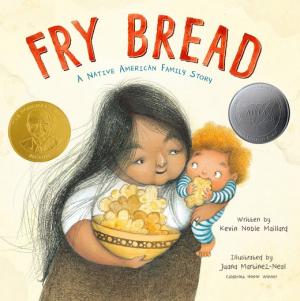
From traditional ways of cultivating rice and corn to fishing for salmon in northern waters, these books celebrate the foods, rituals, and skills that Native families pass on from generation to generation and that contemporary Native children continue to learn.
Other Resources
Find more American Indian/Alaska Native (AIAN) titles through:
- Colorín Colorado's AIAN Booklists and Book Finder
- American Indian Youth Literature Award
- Indigenous Reads Rising (We Need Diverse Books)
- Native Children's and Young Adult Books and Resources (Cynthia Leitich Smith)
- American Indians in Children's Literature (Dr. Debbie Reese)

